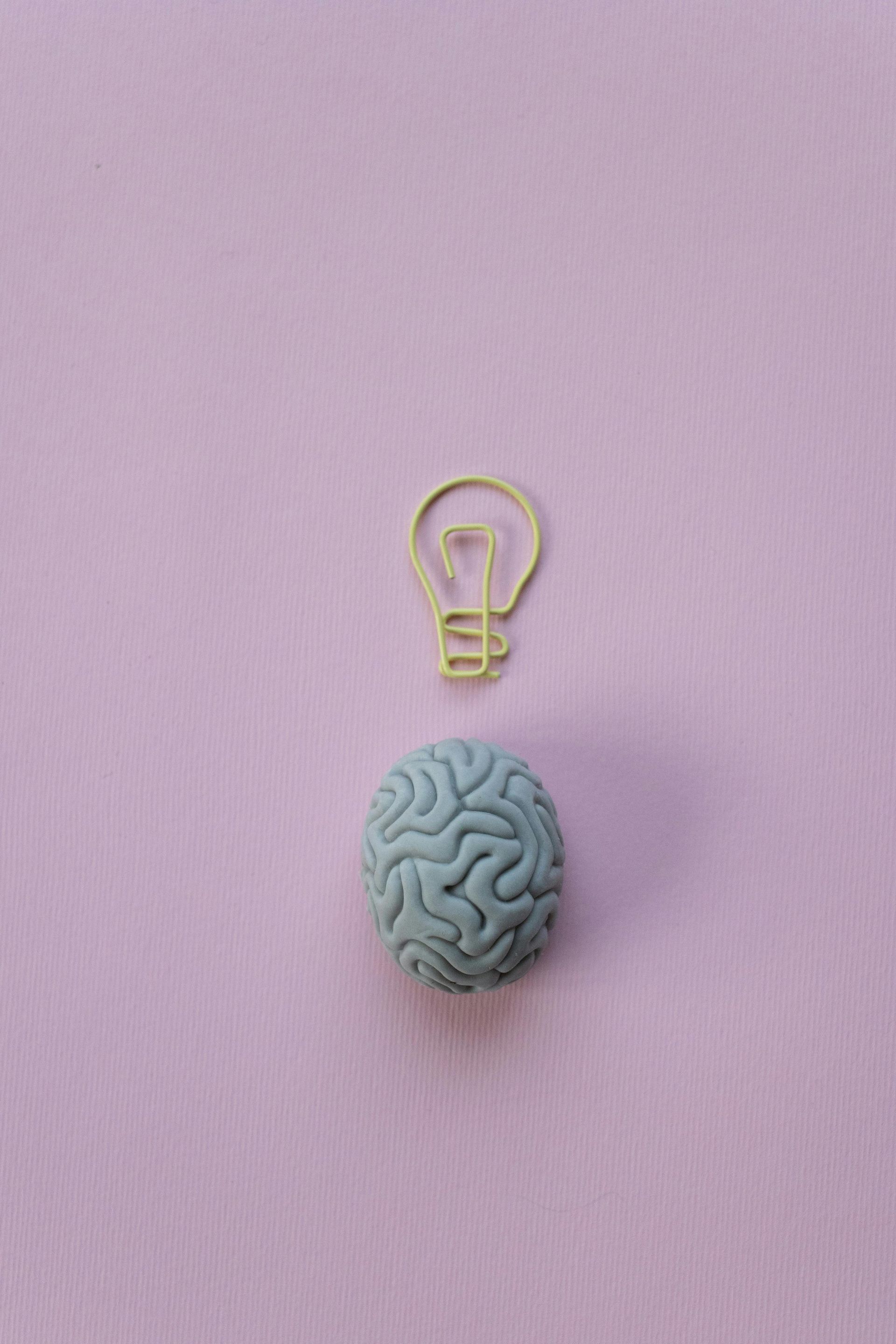Build More Muscle - Your Bones Will Love You
Welcome to World Menopause Day!
Why should we care about Muscle Mass?
Thank you for asking. Muscles have several functions.
The first, and most obvious, is that they act to move joints (ankles, knees, hips, spine, shoulders, neck), by attaching to bones across those joints via tendons. The bigger a muscle is, the more force it exerts on the bone when the muscle contracts to move the limb.
This means that if a muscle is bigger, the bone needs to be stronger to absorb the force. So, when you build muscles, your osteoblasts (remember them) are activated to put down more bone cells. More bone cells = denser bones. Huzzah.
Muscles also have a role to play in providing protection from external trauma and acting as shock absorbers for underlying bones and internal organs. So, more muscle = more cushioning and less likelihood of bone breakage. Again huzzah!
They also support your body posture, for example keeping you upright and less likely to fall over (is a third “huzzah” too much?).
Finally, the process of muscle contraction liberates heat (this is literally why we say we “warm up” at the beginning of a class), so they also have a role to play in keeping us warm.
What has menopause got to do with reduced muscle mass?
You might recall from my previous blog, that falling oestrogen levels cause the osteoclasts to work harder than the osteoblasts meaning that your body breaks down bone more than it makes bone. Happy days, oestrogen is also one of the hormones that promotes muscle, tendon and ligament growth. This means that as levels fall, it’s more difficult for our bodies to maintain muscle mass.
If we’re physically inactive, this can lead to not maintaining muscle mass, and to actively losing it by 3-5% each year from the age of thirty onwards. This loss speeds up substantially from about the age of 75 years old.
If you’re still not convinced it matters, let me tell you about a lady I know. She’s is in her late seventies which, from this point in my life, doesn’t seem that old. Right now, she:
· Can’t pick up the kettle to make herself a cup of tea, because it’s too heavy;
· Has to go up the stairs on all fours as she hasn’t got sufficient leg strength and is anxious about falling down them;
· Finds walking to the end of the road too much for her.
Would you like to see this in your future? It’s a “hard no” from me!
If you don't want to be that woman, when is it too late to do something about it? It’s never too late. Of course, like a tree, the best time to have planted it was twenty years ago. But the second-best time is today.
What can I do to improve my muscle mass?
The primary treatment for sarcopenia is, drum-roll please, exercise. Specifically, weight bearing exercise.
This can be anything from dancing to walking to weight training to Pilates (I had to get that in there!). It doesn’t matter, just so long as you get in around 30 minutes each day.
So, bringing this baby back to bone health, here’s a quick summary of some of the things that will help you to minimise the risks of bone fractures and breakages as you age:
· Ensure that you have sufficient calcium in your diet, ideally via dairy products. Supplement if required;
· Optimise vitamin D levels. Supplement from October through to April as there's not enough sunlight for our bodies to manufacture it in sufficient levels;
· Dietary intake of 1g of protein per kg of bodyweight per day;
· Weight bearing exercise for around 30 minutes each day;
· Add balance and strength exercises where possible
· Avoid smoking;
· Limit alcohol intake.
You can expect to see lots more from me on the topic of menopause over the coming months, culminating in a new program I’m building, aimed specifically at women who want to take control of their own health.
If you’re looking for more resources on any of the topics mentioned in this blog, please let me know!
If today is the day that you're taking action on your health, email me and let's set up some time to talk about how I can help you.










